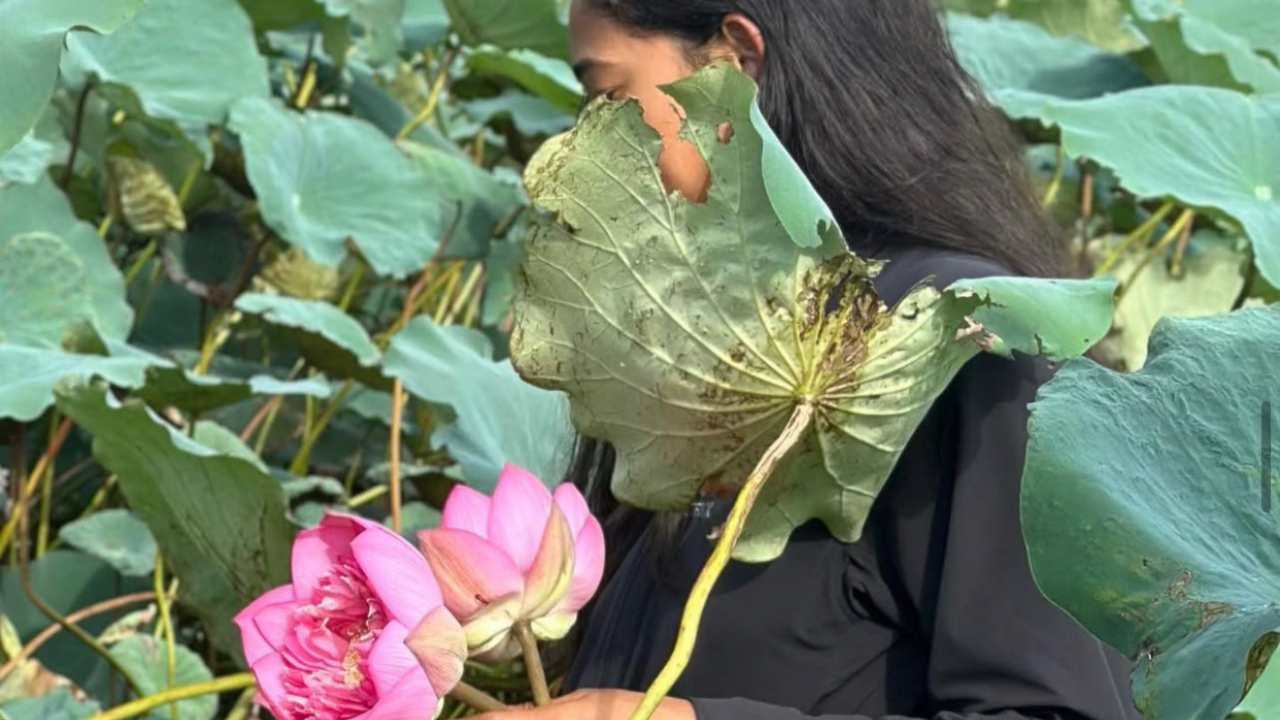
Chanelle Adams – A Plant Lover’s Journey Through Research and Art
Chanelle Adams, an artist, researcher, and writer, combines her passion for plants with her deep intellectual curiosity. From childhood memories
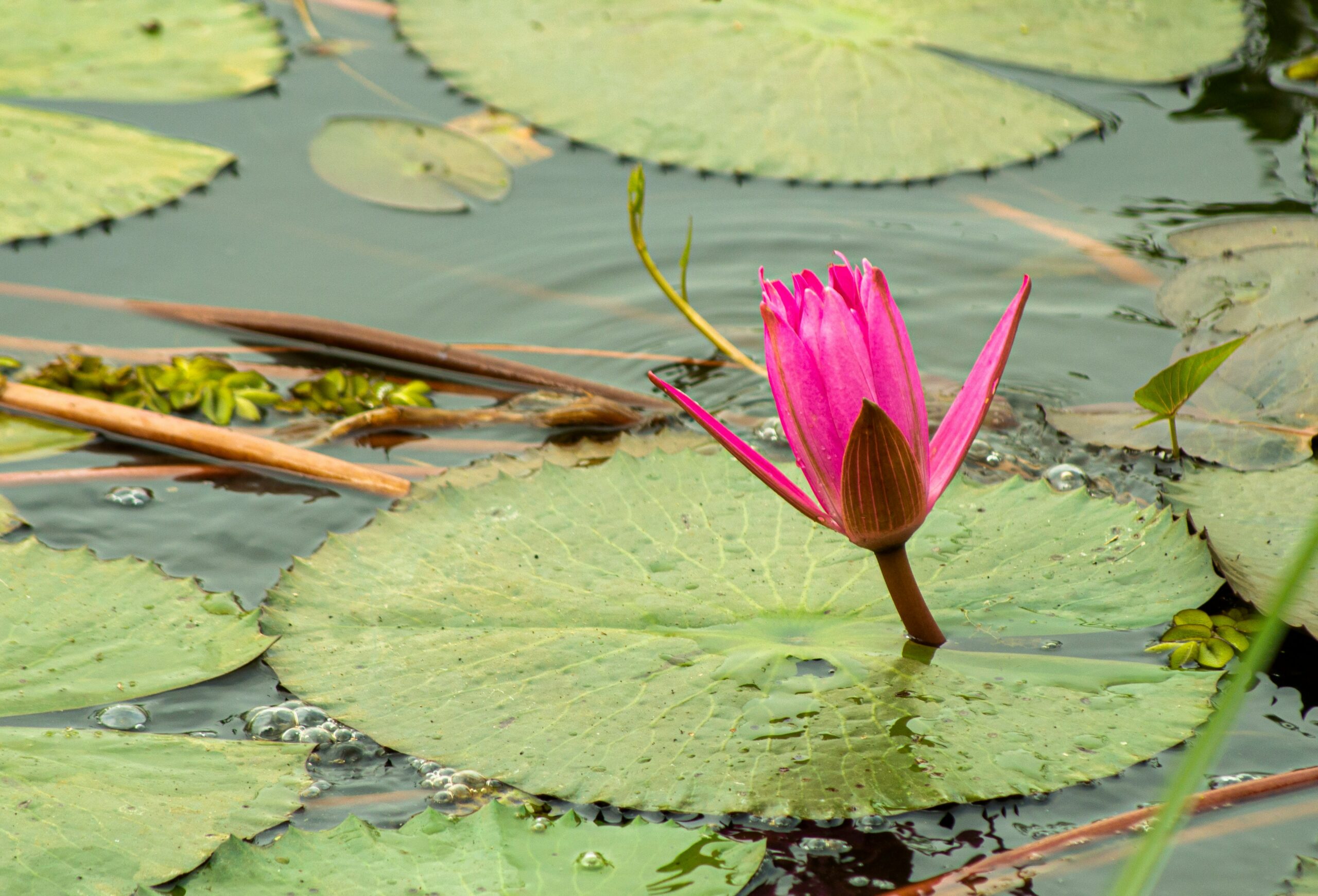
The Japanese language has a collection of idioms and proverbs made up of flower vocabulary. We’ve included some of the most common here. Have a read to learn a bit more about Japanese expressions!
This literal translates as “Not speaking is the flower.”
In other words, “Some things are better left unsaid” or “Silence is golden.”
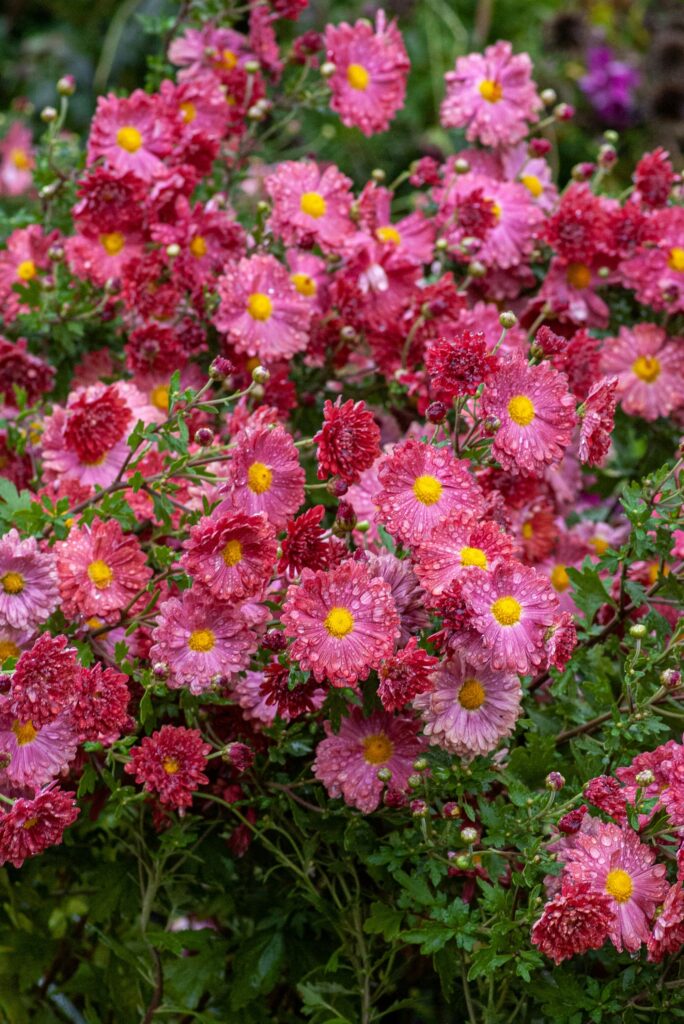
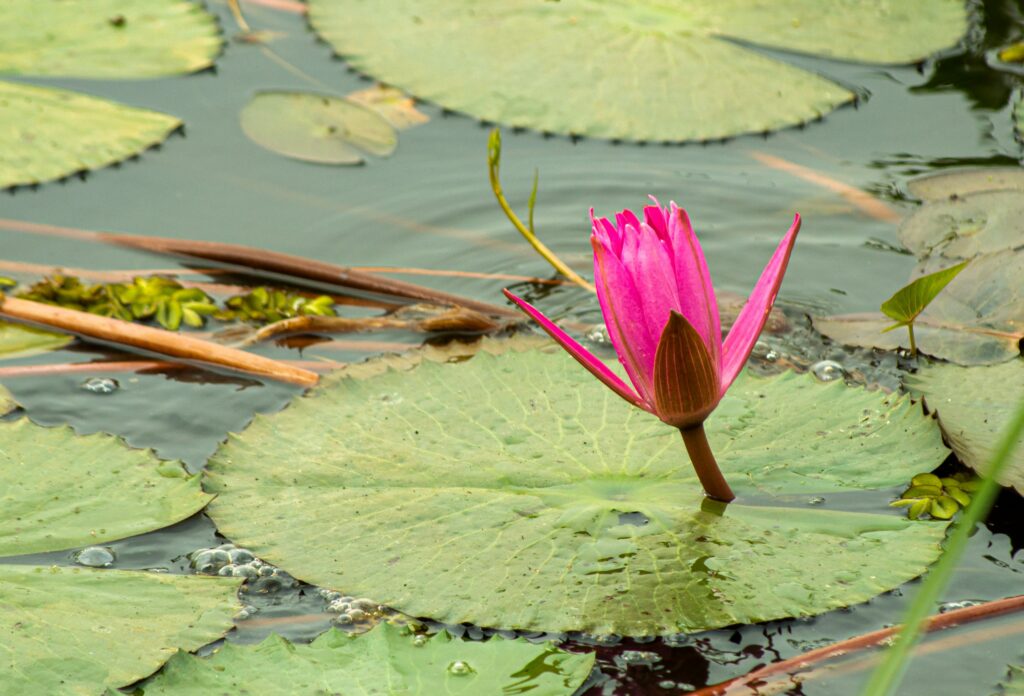
This translates to “Flower on a high peak.” but means “something out of one’s reach.”
The phrase explores the idea of wanting something that is beautiful or interesting to look at, but is difficult or impossible to get a hold of.
There is one famous Japanese saying, “Tsuki ni muragumo, hana ni arashi (Clouds over the moon, a storm over blossoms).” This idiom is a shortened version. It means that sometimes in life at times of great happiness, you may experience misfortune.
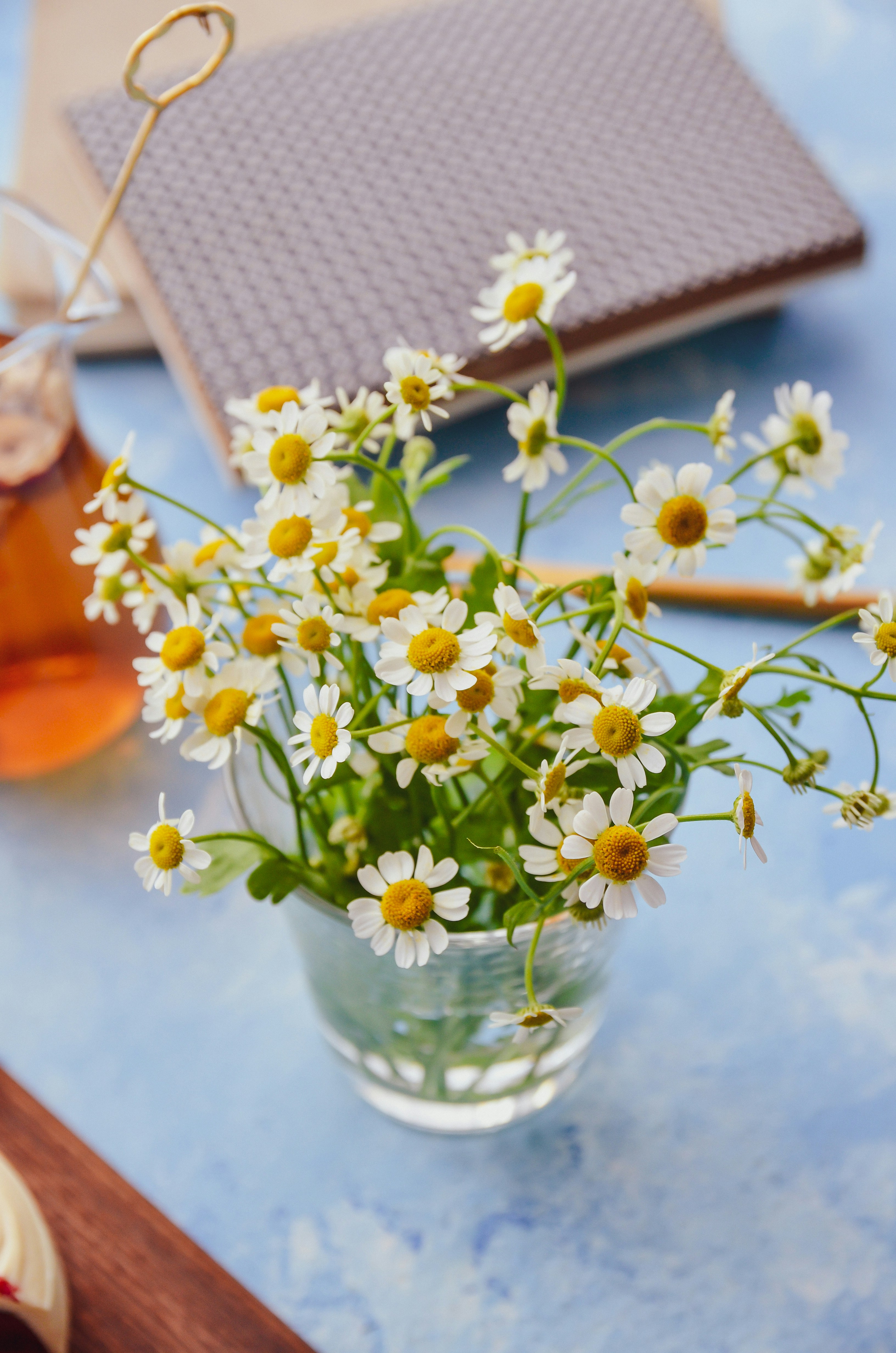
Literally translated as “Dumplings rather than flowers.”, this means that practical things are better than excessive things. In spring, people in Japan traditionally go to the countryside or parks for flower viewing (hanami). However, it’s often more likely for people to enjoy eating foods or drinking alcohol there than appreciating the beauty of the flowers. It shows a part of human nature.
Literally meaning “The neighbor’s flowers are red.” In English we would say that ‘the grass is always greener on the other side’. There is also another saying, “Tonari no shibafu wa aoi (The neighbor’s lawn is green).”
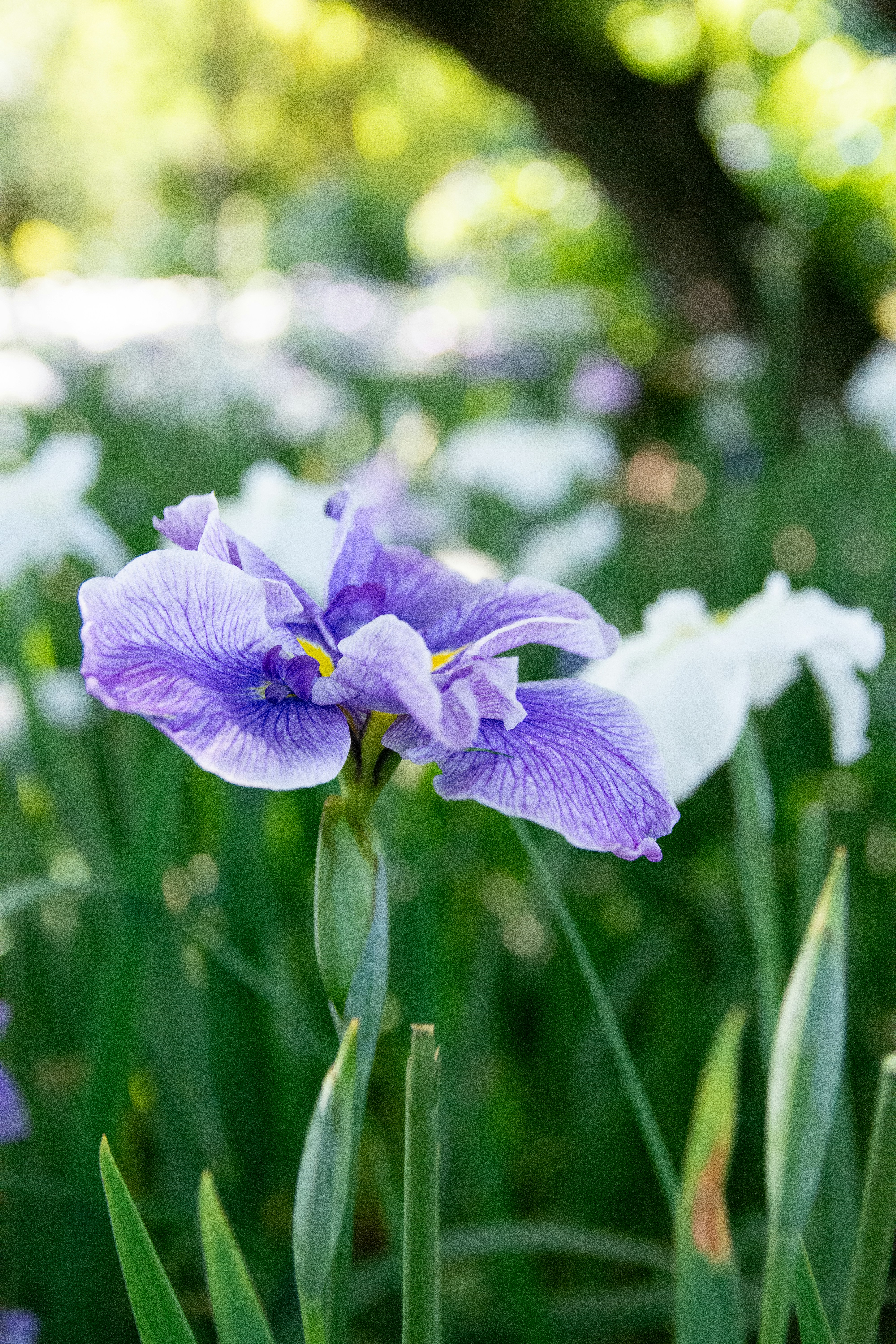
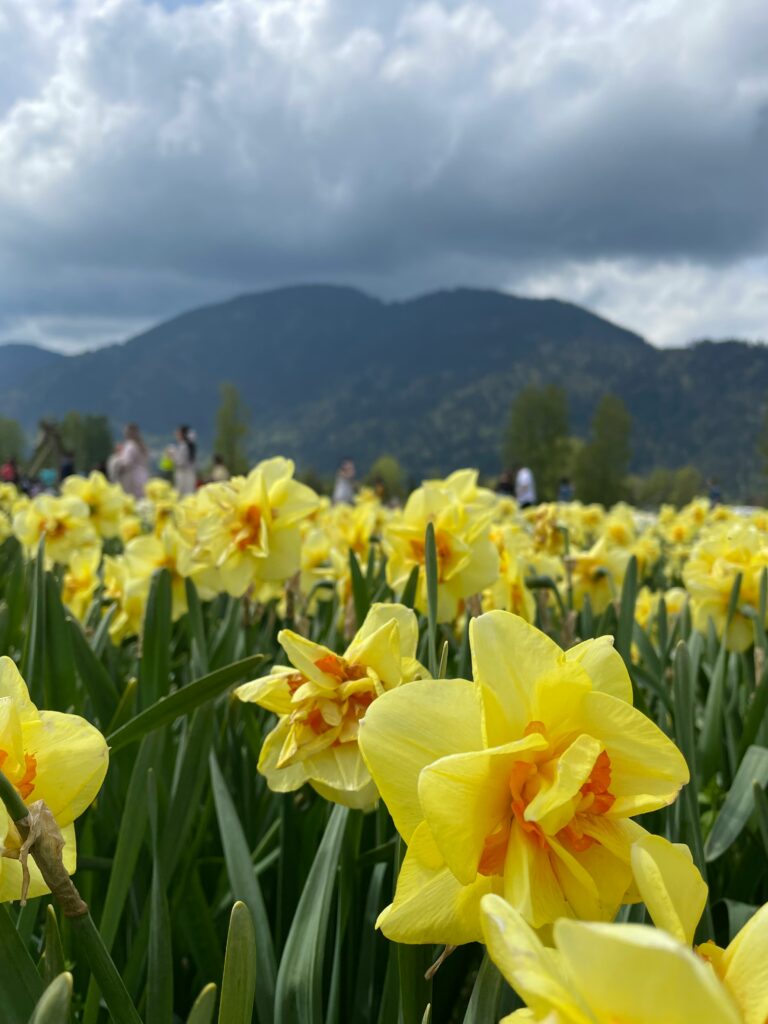

Chanelle Adams, an artist, researcher, and writer, combines her passion for plants with her deep intellectual curiosity. From childhood memories
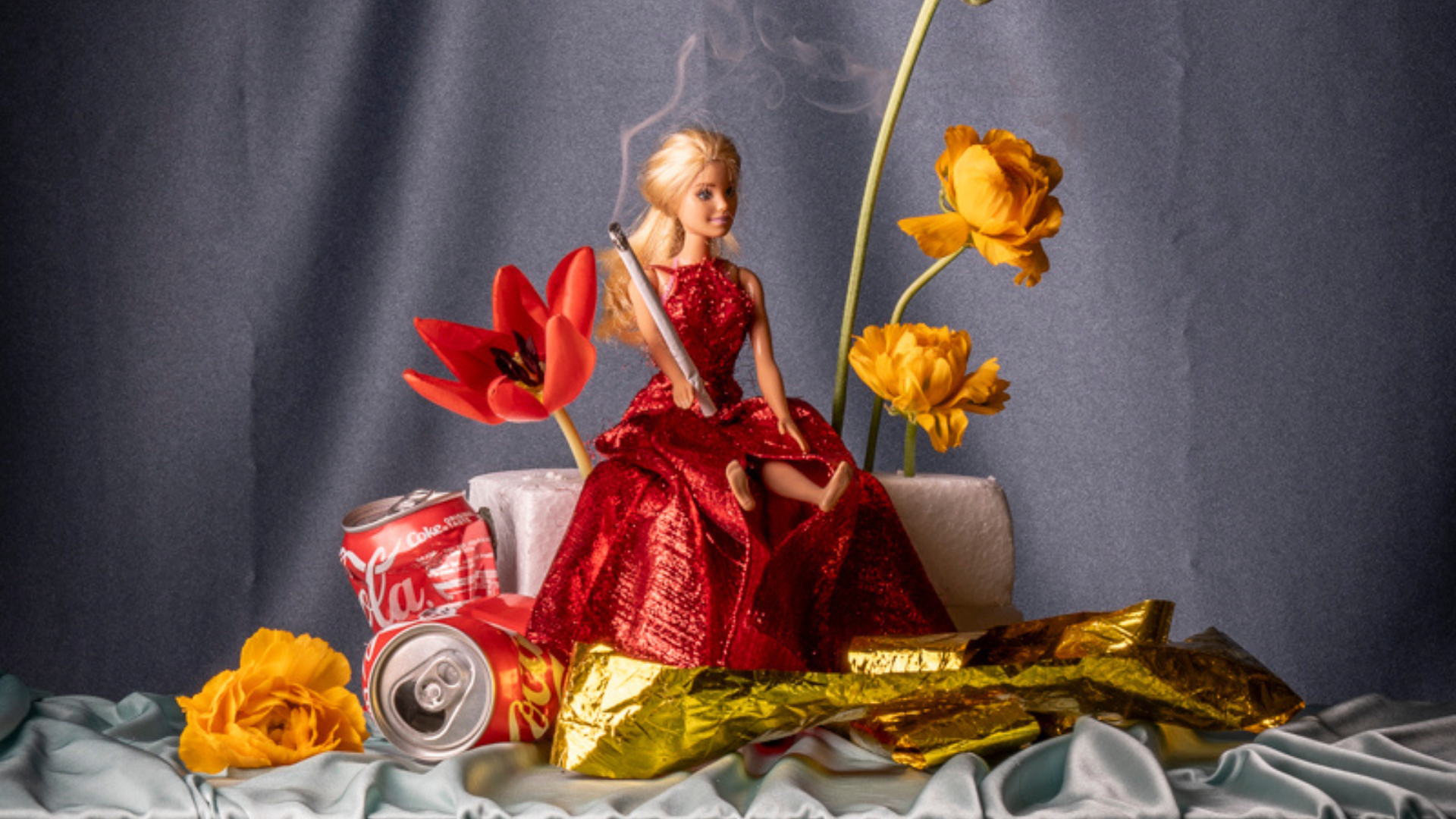
From the world of high fashion to the art of floral design, Kelly Ekardt has carved a unique path in